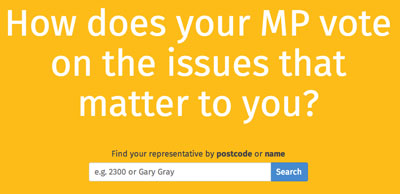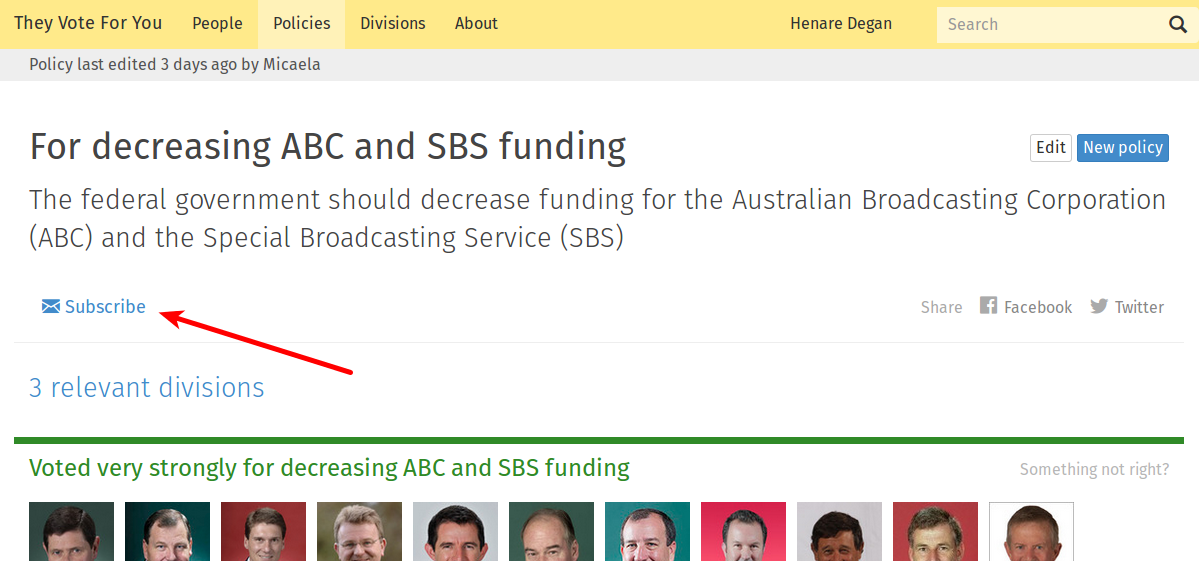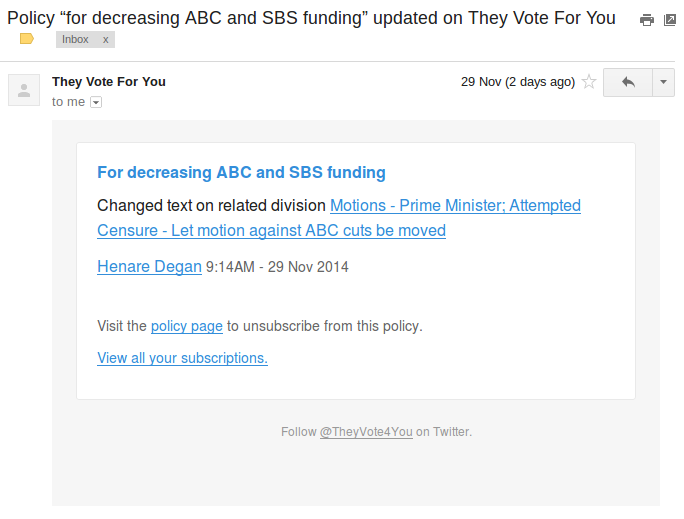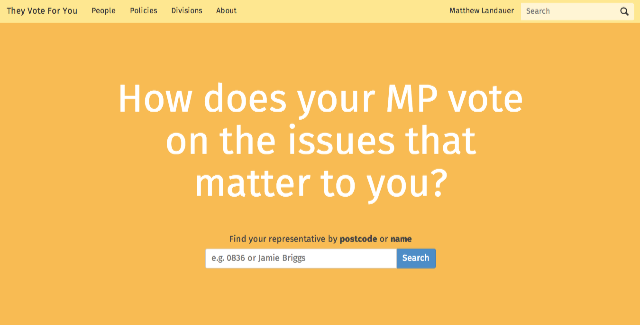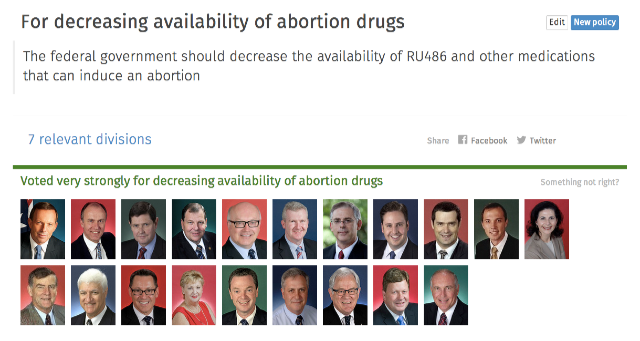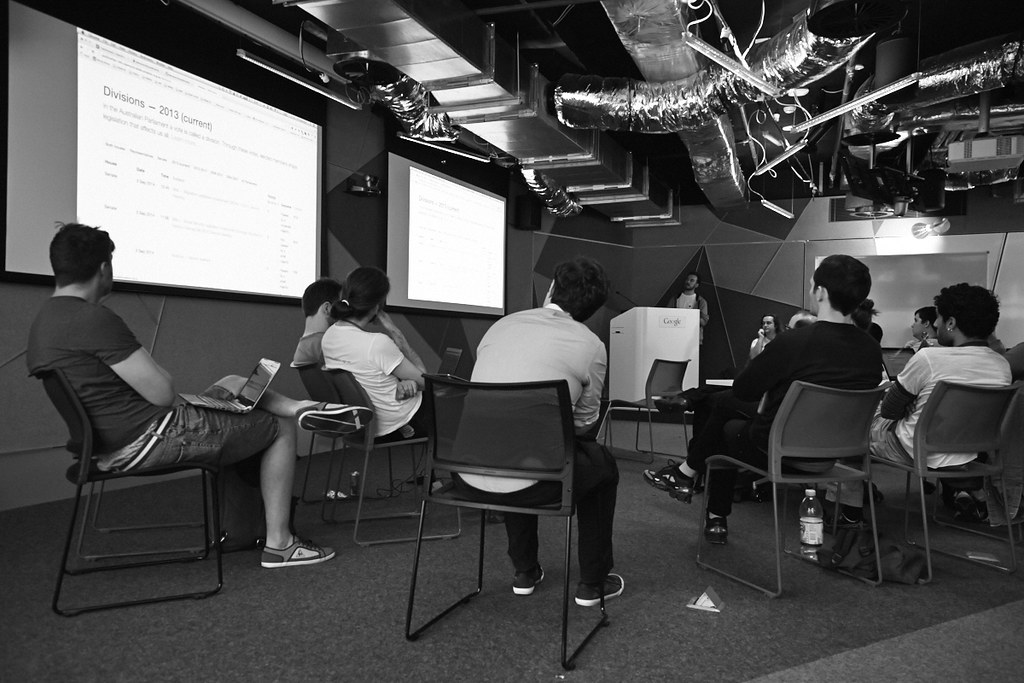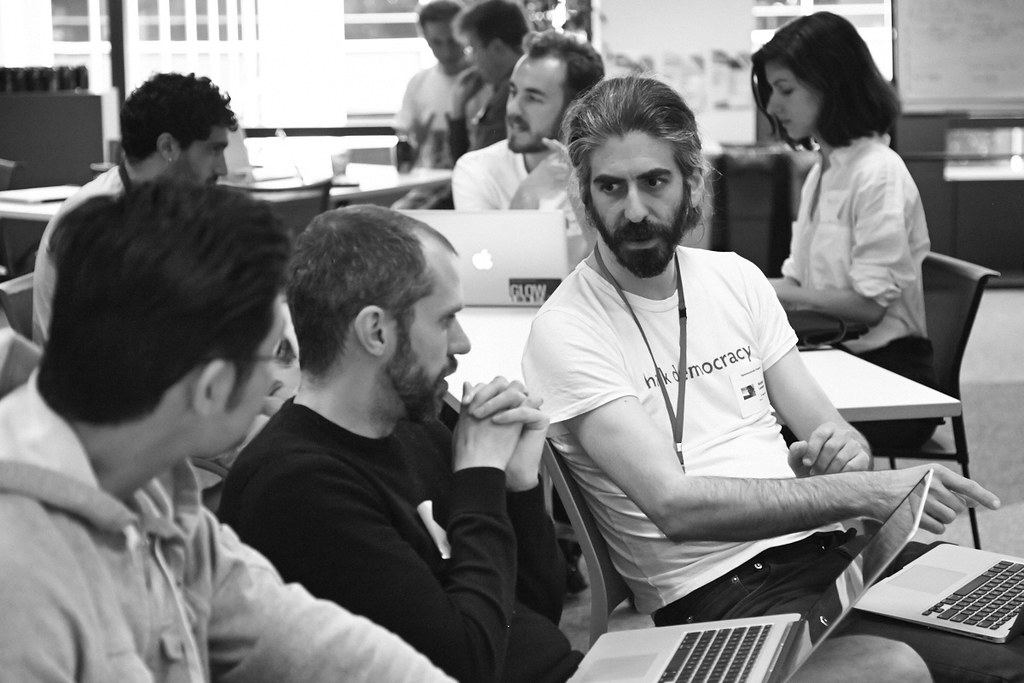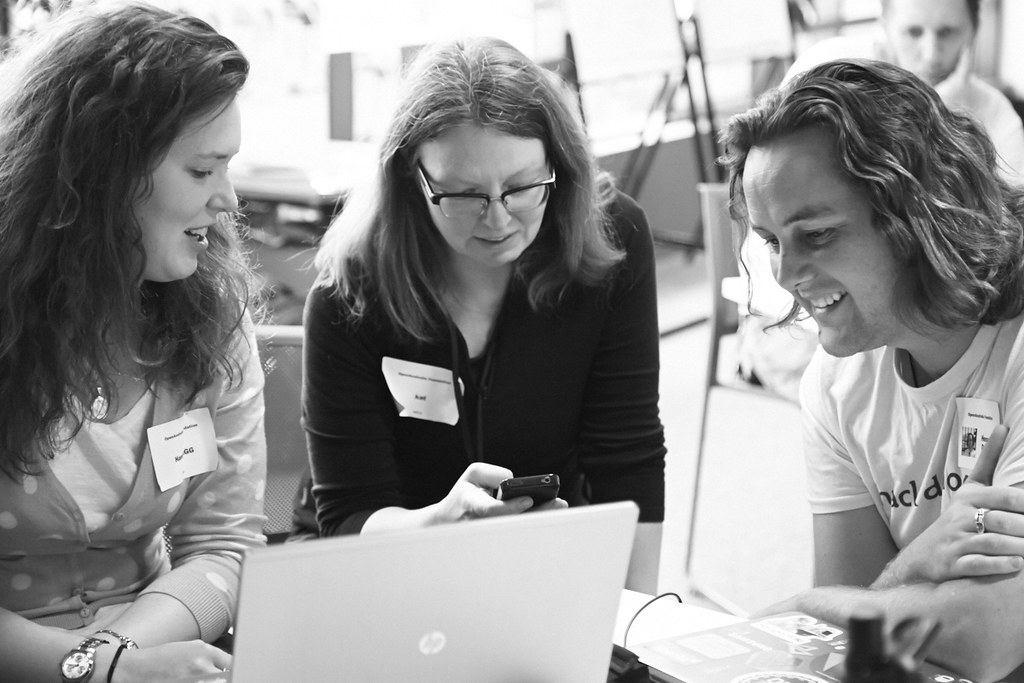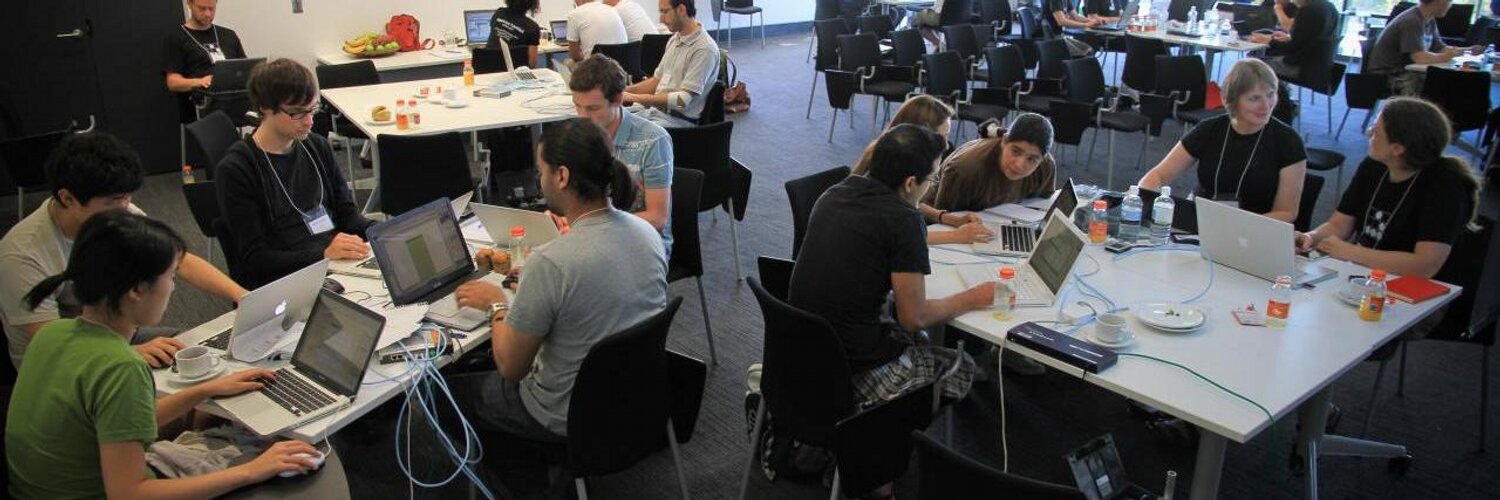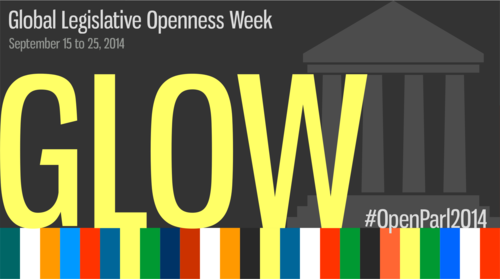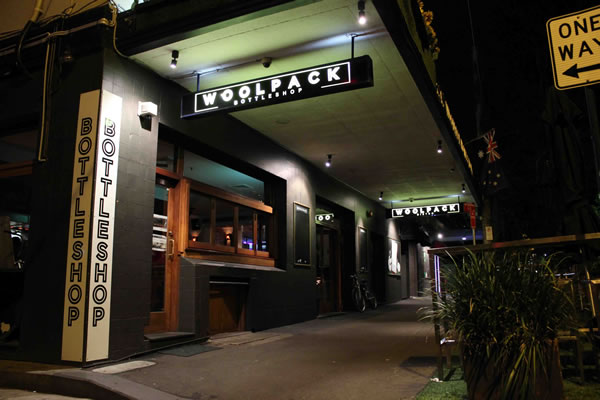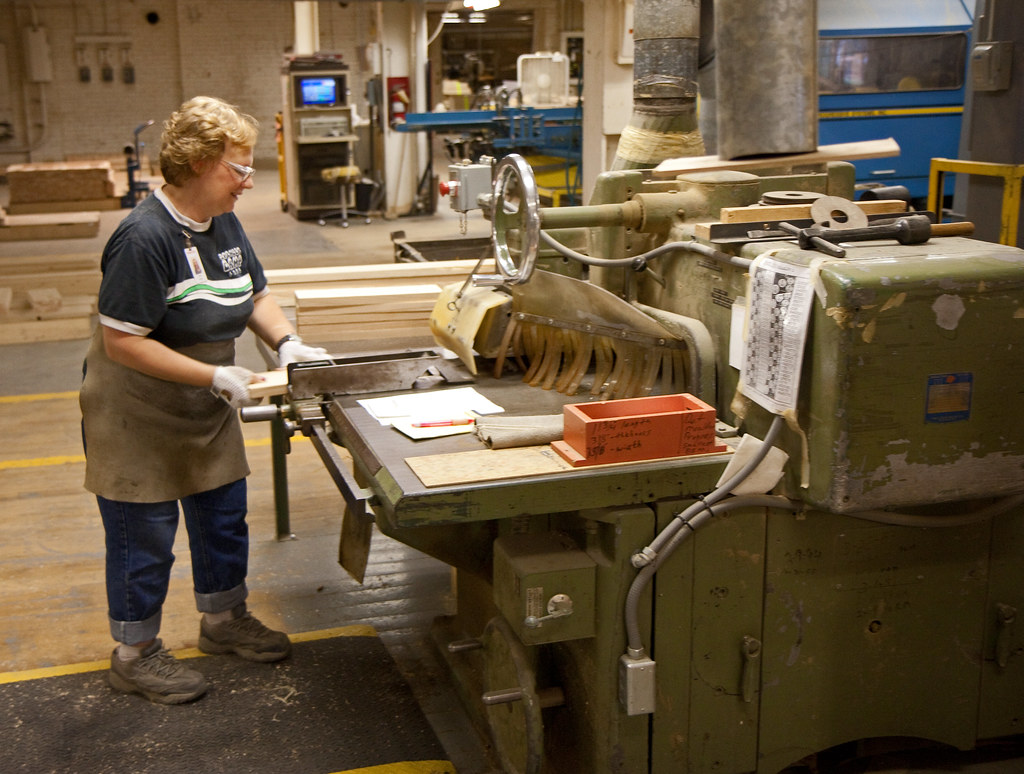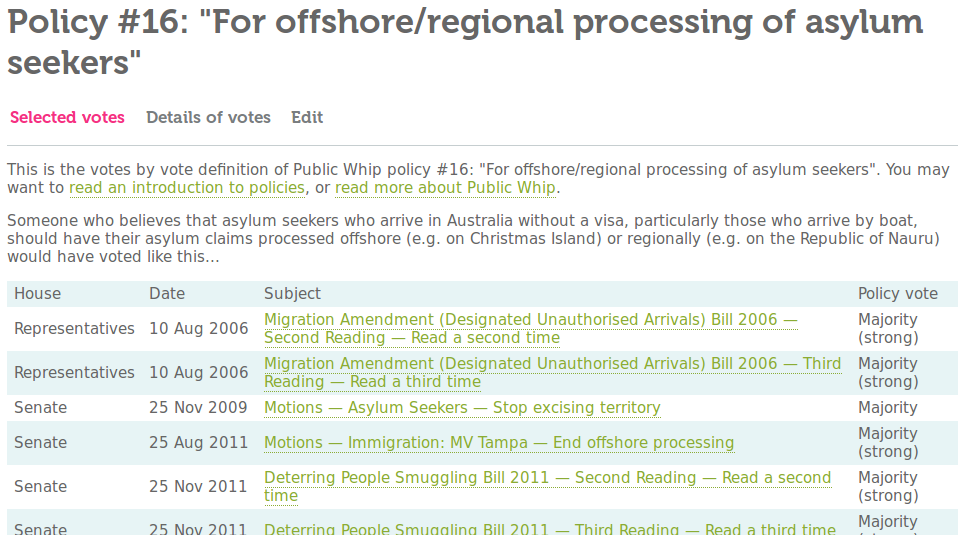There are many ways to edit division summaries. Here, I’m going to explain an approach that’s worked well for me.
Choose a division
First, I choose a division to summarise.
I like to choose divisions that are relevant to policies that I’ve created, such as For decreasing availability of welfare payments. This means I often pick divisions based on what they’re called. In this case, I see a division called Bills — Social Services and Other Legislation Amendment (Seniors Supplement Cessation) Bill 2014, Social Services and Other Legislation Amendment (2014 Budget Measures No. 4) Bi… [Fig. 1]. Since that sounds relevant to welfare payments, I click on it.

Fig. 1: Choosing a division
Find out what the MPs were actually voting for
After choosing, I need to find out what the members of parliament were voting for in the division. Every division is a vote on a particular motion, so I need to find that motion text.
To do this, I take note of the time, date and place of the division: 7:48 pm, 22 October 2014, House of Representatives [Fig. 2]. I then click on preceding debate [Fig. 2], which takes me to OpenAustralia. There, I see that the motion seems to be “that these bills be now read a third time” [Fig. 3].
I want to confirm that this is the right motion text so I need to go to the official Hansard. To get there from the division page [Fig. 2], I can click on edit or provide a summary of what was voted on in this division and then select House Office Hansard under ‘Useful links for you to research’. This takes me to the Parliament of Australia website, where I can click on 22 October 2014, look at the text immediately preceding the 19:48 division and see that it is the correct motion text [Fig. 4].

Fig. 2: Note the time, date and place

Fig. 3: Look at the motion on OpenAustralia

Fig. 4: Confirm the motion text on Hansard
What does this actually mean?
Since I’ve been editing divisions for a while now, I know what it means to read a bill for a third time. If I didn’t, I would look it up on Google or browse through the House Powers, Practice and Procedure (also available under ‘Useful links for you to research’ on the division’s Edit division summary page). There, I can find the Making laws infosheet, which explains how a bill passes through the House of Representatives. The Parliamentary Education Office also has some useful factsheets that relate to both houses of Parliament, such as the one on Making a Law.
I adopt some of the language of those factsheets and simplify the words ‘read the bills a third time’ to ‘pass the bills’.
Now I know this motion is about passing the bills, I need to find out a bit more about the bills themselves.
What are these bills about?
Since this division refers to three bills, there is a bit more work for me to do! I start at the bills’ homepages, which I can get to by clicking on the links under ‘External links’ on the division page [Fig. 5]. In this case, there are links from each of the bills to click on and explore.
These homepages [Fig. 6] give me the following information:
- a short summary of each bill
- the progress of each bill through the two houses of Parliament
- the explanatory memoranda (though remember these are political documents so need to be taken with a grain of salt!)
- a link to the bills digest (if it’s available)

Fig. 5: Find the bills’ homepages under ‘External links’

Fig. 6: the bill’s homepage
How to find the best bills digests
Bills digests are my favourite resource, but there are several versions of each one on the Parliament of Australia website. All of them have the same information, but some are easier than others to read and work from because of their formatting or type (for example, PDF or ePub).
The link to the bills digest that is on the bill’s homepage will take you to a rather poor version, which I do not recommend using. At the top of that poor version, there is the option to download the PDF version [Fig. 7]. If you like PDFs, take that option. Personally, I prefer not to use PDFs because they’re harder to copy and paste from, so I’m going to find my preferred version.
From the poor version, I hover my curser over ‘Parliamentary Business’ and click on Bills and Legislation [Fig. 8]. I then go to Browse Bills Digests, which is in the column to the left [Fig. 9]. I click on the correct time period (in this case 2014-2015) and then click on the links for my bills [Fig. 10]. This takes me to my preferred version of the bills digest, complete with proper formatting!

Fig. 7: The poor version of the bills digest

Fig. 8: Click on ‘Bills and Legislation’

Fig. 9: Click on ‘Browse Bills Digests’

Fig. 10: Find your bills
Useful links to start me writing
There are several useful links on the Edit division summary page [Fig. 11]. As well as the links to Hansard and parliamentary powers, practice and procedure (which I mentioned above), there’s a link to the research guide. This guide includes a ‘Guide for division summaries’, which gives advice on what information I should include in my summary and how I can best structure it. There’s also a Markdown link that tells me how to format my text. Finally, there’s the style guide, which helps me to write as clearly and plainly as possible. After I’ve read these three pages, I know I’m ready to start.

Fig. 11: Edit division summary page
Writing summaries
I start with the title. My aim is to make it as brief and understandable as possible. Using the Guide for division summaries, this is what I come up with: ‘Social Services and Other Legislation Amendment (Seniors Supplement Cessation) Bill 2014 and two related bills – Third Reading – Pass the bills’.
Then I write the body of the summary. I start with a brief sentence or two on what the vote was. Then I describe what the bill does and some of the background of the bill. I use as many subheadings as I think are needed to make the information accessible.
The two questions I always ask myself when writing summaries are:
- Do I understand what this vote is about?
- Will someone reading this summary understand what this vote is about?
Link, link, link!
I add links as I write, including links to the bill’s homepage and its bills digest.
Add relevant policies
Once I finish the summary and am happy with it, I save it and add any policies that may be relevant. To do this, I click on the Does this division relate to a policy? link on the division page [Fig. 12] and then select the relevant policy [Fig. 13].

Fig. 12: Does this division relate to a policy?

Fig. 13: Add related policies
Summaries will change over time
I may re-read the summary I’ve written in a week or so and decide to re-edit it to make it better. Or maybe someone else will. These summaries can always be made clearer and more accessible, so don’t be afraid to change them.
I’m sure that as more people get involved, we’ll find different and better ways to approach summarising divisions. I know I’ve changed my approach hugely over the past year and am looking forward to seeing how it continues to change.
